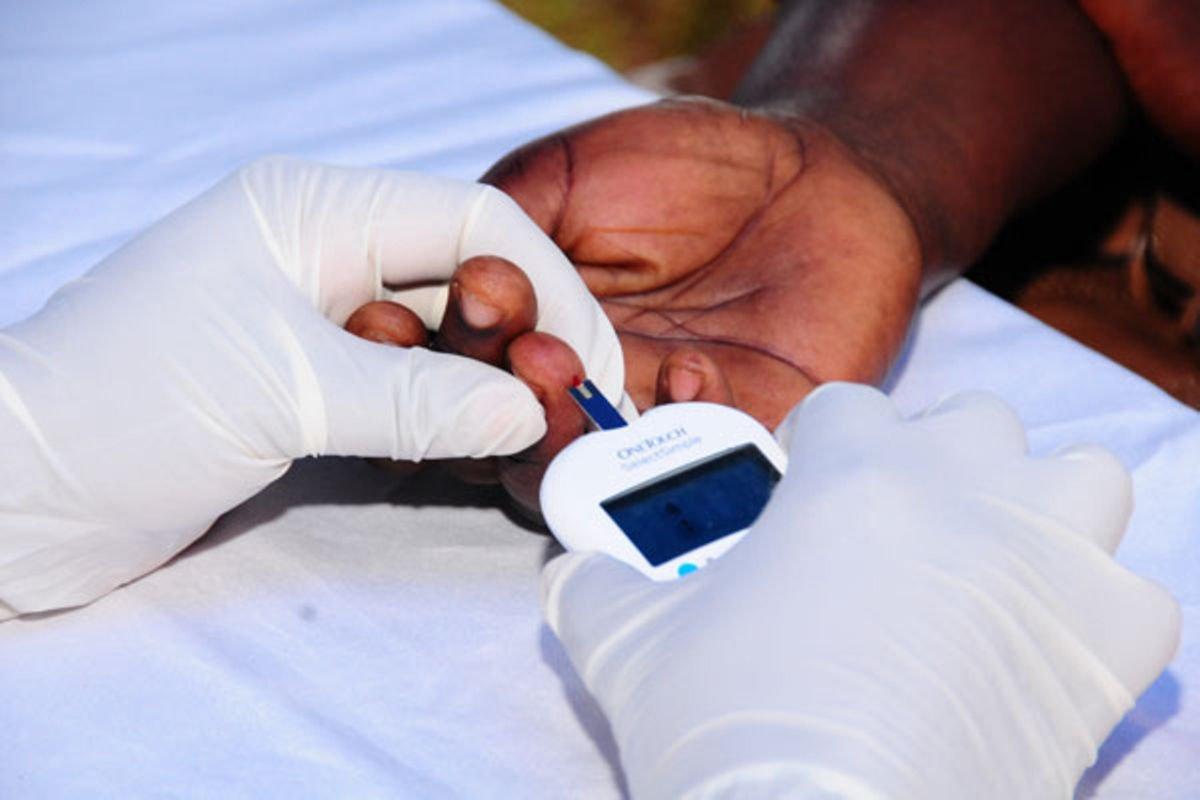Africa-Press – Uganda. Should they remain adamant and push on without an enabling piece of legislation, they will expose themselves to lawsuits at their own cost and embarrassment
What started out earlier this week as a good idea to test suspects arrested at police stations for HIV/ Aids, TB and Malaria, might turn out to be an infringement of the suspects’ rights.
On Tuesday, the office of the Director of Public Prosecutions (ODPP) launched a screening program that targets all those in police detention within Kampala. The core aim of the program is to ensure the right to health for employees of the criminal justice system, victims of crime and suspects through screening and early detection of the aforementioned three diseases.
This means that going forward in 16 pilot police stations within the Kampala Metropolitan Area, once you are arrested for allegedly committing an offense and detained in any of the pilot 16 police stations, you will be subjected to mandatory screening.
For good reasons, it’s very important for anyone including suspects in police detention to know their HIV status. It’s even more important to know someone’s TB status given that it’s a highly infectious disease.
Government may have the right to take preventative measures to stop the spread of a given disease, but that must be balanced with the right to consent and the right to privacy.
So the problem is that subjecting suspects to mandatory HIV/Aids, TB and Malaria testing violates patients’ rights contrary to provisions of the Constitution and the Patients Charter.
This is clause 10 of the Patients Charter, which demands that every patient has a right to be given adequate and accurate information about diagnostic procedures to be conducted on them, and the proposed treatment to enable them make an informed decision.
So subjecting arrested suspects to mandatory testing for the aforementioned diseases, therefore, breaches this right as it does not address issues of consent to be tested or even to treatment, which is unacceptable by law.
Section 9 of the HIV/ Aids prevention and Control Act Uganda emphasizes voluntary HIV testing where one gives his or her informed consent before being tested and treated.
With mandatory testing, we are ignoring the basic human rights of persons like the rights to privacy, confidentiality, and ignoring the aspect of informed consent. When the HIV/Aids status of a person becomes public, there is a clear violation of their privacy and confidentiality which they are entitled to under the laws.
Going forward, proponents of this programme should first seek the enactment of enabling law in order to freely go about it.
Should they remain adamant and push on without an enabling piece of legislation, they will expose themselves to lawsuits at their own costs and embarrassment.
For More News And Analysis About Uganda Follow Africa-Press






